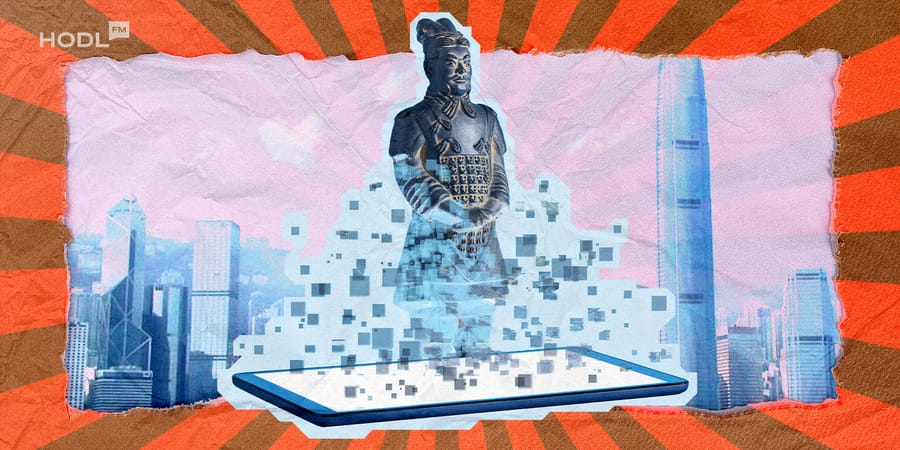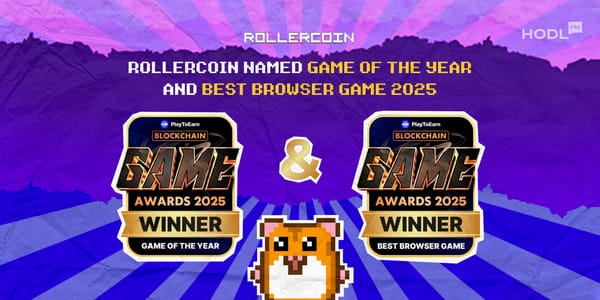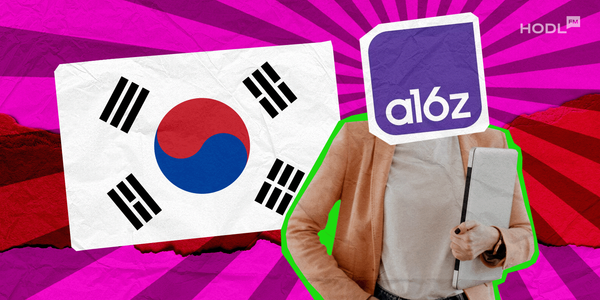Global stablecoin traction is on the rise in Asia, with regulators and financial institutions happily riding the blockchain wave. At Hong Kong’s Web3 Festival this week, industry leaders cheered on the latest developments, and it’s safe to say the crypto world just got a little more stable—pun intended.
Asia’s stablecoin scene isn’t just catching up; it’s taking the lead while the U.S. scrambles to draft its own legislation. Hong Kong, in particular, is busy shaping a regulatory framework that could make it the next stablecoin hotspot.
A Quick Roll Call of Numbers and Trends
• The global stablecoin market has surged to an impressive 220 billion in value—way beyond the pre-Terra collapse buzz.
• Monthly stablecoin transactions now top a whopping 700 billion, outpacing traditional payment giants like Visa and Mastercard.
• JD.com, one of China’s e-commerce powerhouses, isn’t just standing by. They launched a Hong Kong dollar-based stablecoin back in July 2024, using their massive trade networks to prove that crypto isn’t just for tech nerds.
USD might rule the roost for now, with about 99% of the market pegged to the greenback, but whispers in the air suggest non-USD stablecoins are gearing up for their big moment. Rita Liu, CEO of RD Technologies and one of the first to jump into Hong Kong’s stablecoin regulator sandbox, hinted that a CNH-backed token could soon take center stage—especially as China’s exports increasingly rely on the RMB.
Related news: Hong Kong Shows Support For AI and Crypto With Proposed Tax Incentives
Hong Kong is positioning itself as the cool new kid on the stablecoin block. Legislative Council Member Duncan Chiu revealed that the city’s stablecoin bill is expected to pass in May, with tokens potentially launching in the latter half of this year. Adding some local flair, Dominic James Maffei from Standard Chartered envisions a fusion where USD stablecoins work in tandem with regulated local alternatives—a recipe that could redefine cross-border payments, much like Japan’s “Project Pax,” where major banks have already teamed up to streamline transactions using stablecoins.
It Doesn’t Stop There
Ryan De Souza from Arbitrum explained that their platform has seen a burst of activity from diverse currency stablecoins—not just the usual USD fare. Mexican fintech Bitso is even dabbling with an MXN stablecoin exclusively on Arbitrum, while Singapore shows off its streak with tokens pegged to the Singapore dollar. Not to mention, heavy hitters like Bank of America, BNY Mellon, Standard Chartered, Brazil’s Itaú, and Japan’s Sumitomo Mitsui Bank are all eyeing stablecoin innovations as part of their digital asset playbook. According to Ru Haiyang, Hashkey Exchange BG’s Co-CEO, swapping stablecoins with fiat will soon feel as casual as ordering foreign exchange online.
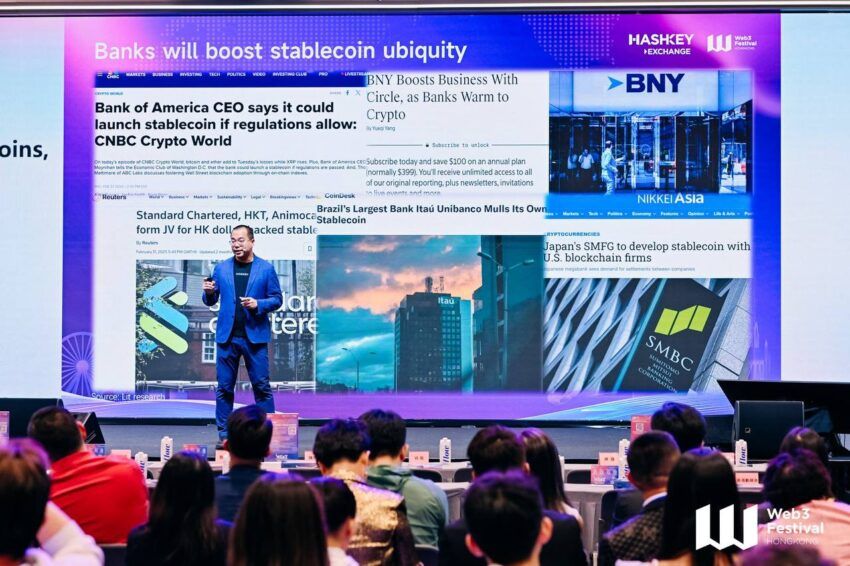
Why is Everyone So Obsessed With Stablecoins?
Efficiency, baby! Traditional remittance systems can take as long as five working days and charge a hefty 6.3% fee on average. In stark contrast, blockchain-enabled stablecoin transactions wrap up in under an hour and cost significantly less. Circle’s Vice President, Yam Ki Chan, put it plainly:
“At a technology level, it’s a better form of money.”
With built-in logic and conditionality, stablecoins are proving they can do things old-school digital money just can’t.
With regulatory clarity beginning to crystallize across the region, experts predict stablecoins aren’t just a passing fad. This growth is setting the stage for these blockchain-powered tokens to migrate from crypto trading floors to everyday financial transactions—making Asia a key player in the next chapter of global finance.
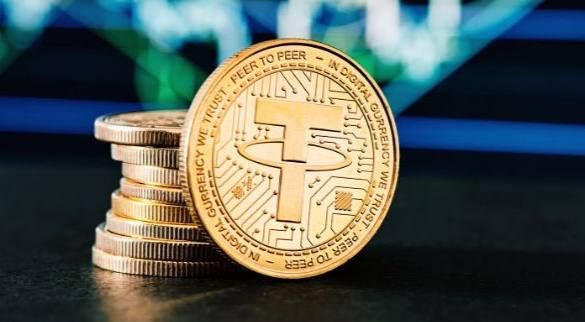
Disclaimer: All materials on this site are for informational purposes only. None of the material should be interpreted as investment advice. Please note that despite the nature of much of the material created and hosted on this website, HODL FM is not a financial reference resource and the opinions of authors and other contributors are their own and should not be taken as financial advice. If you require advice of this sort, HODL FM strongly recommends contacting a qualified industry professional.
